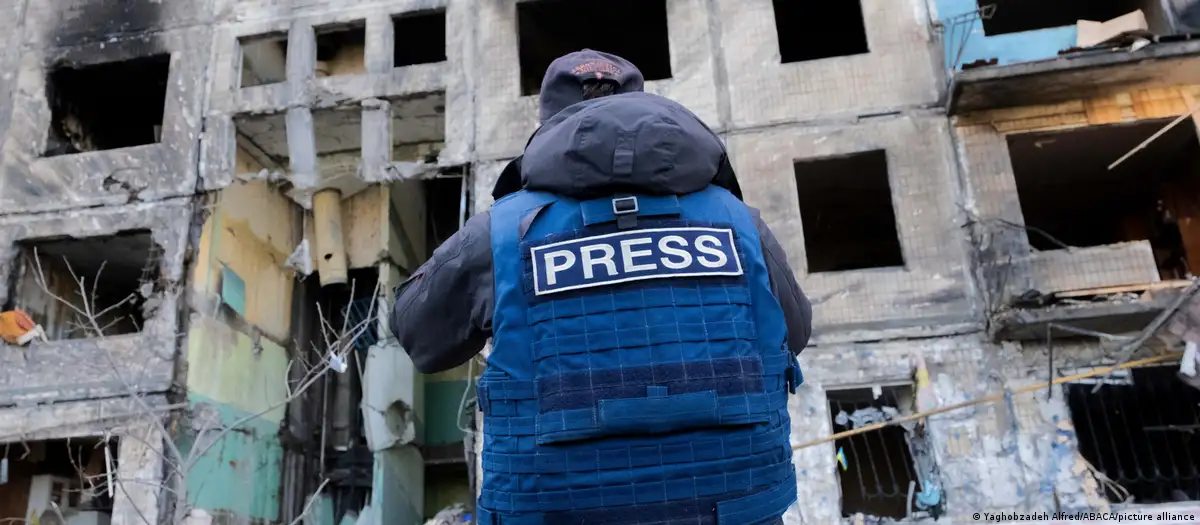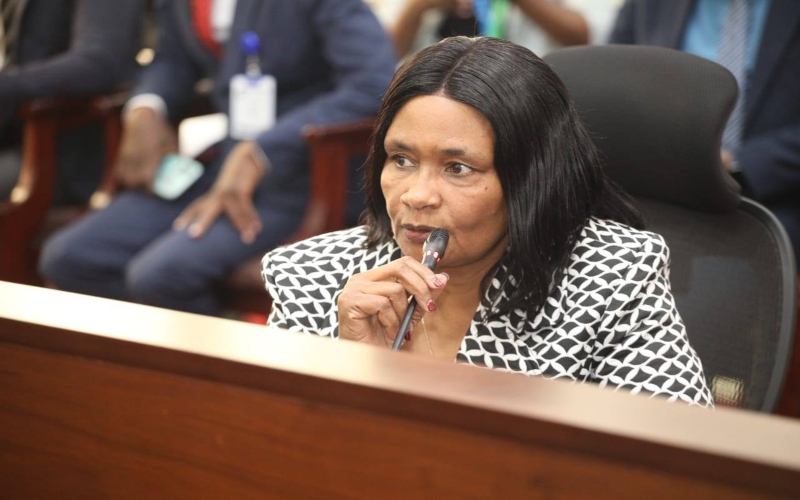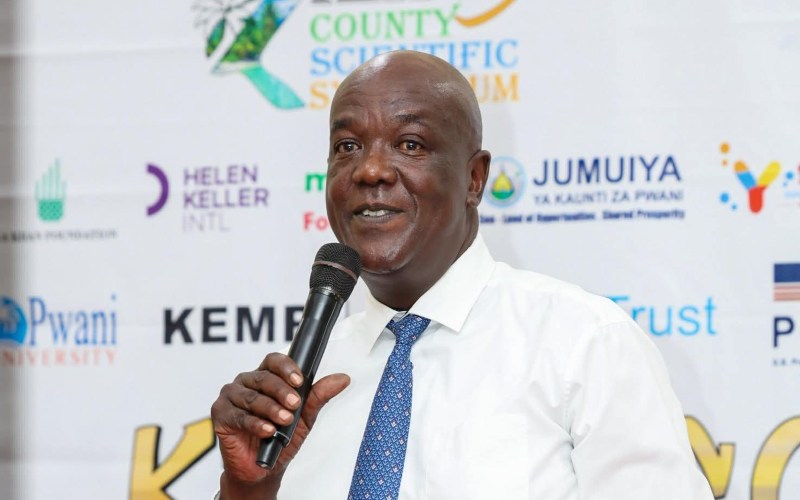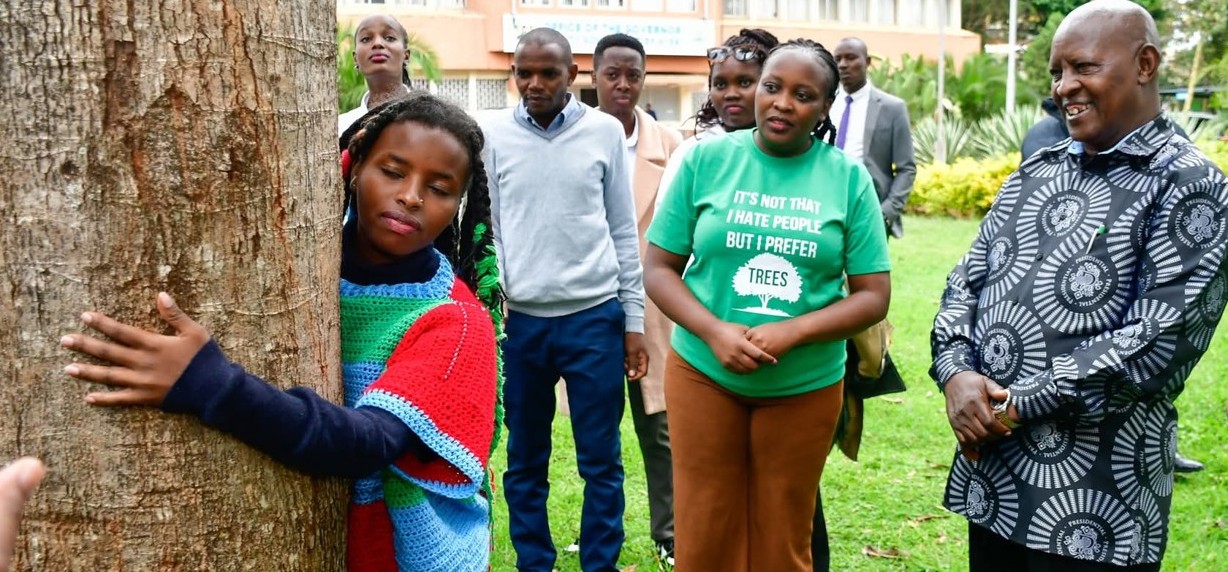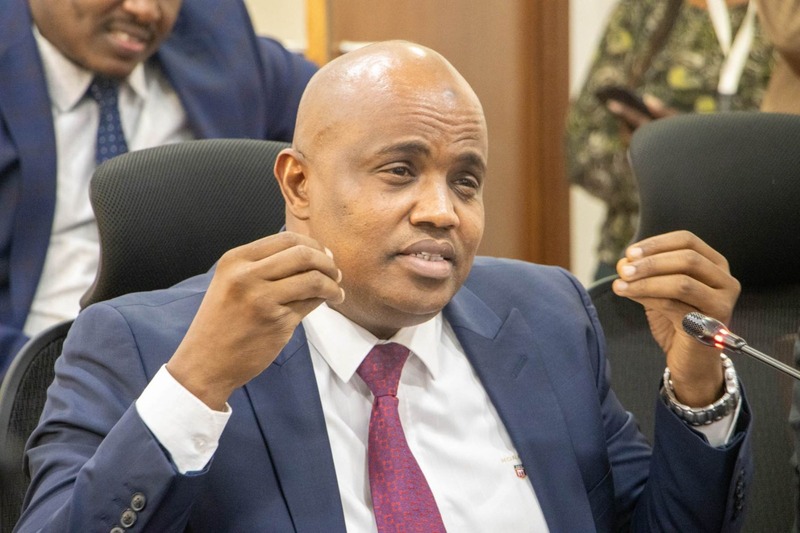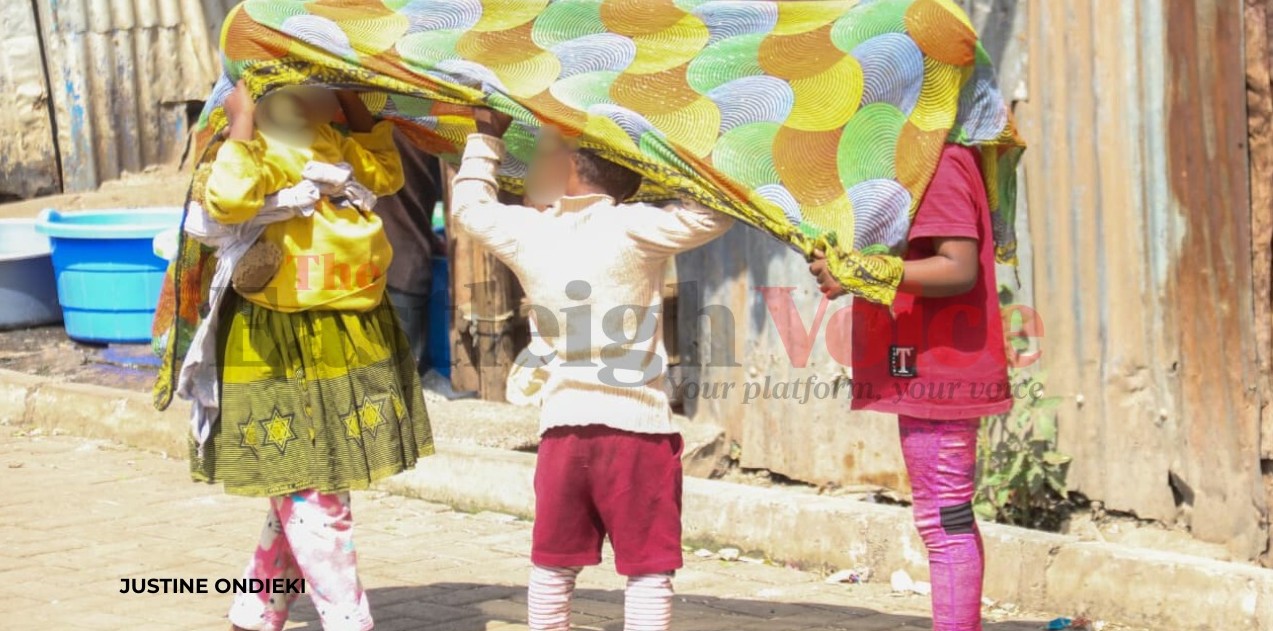AU Peace and Security Council to assess Eastern DRC mediation efforts
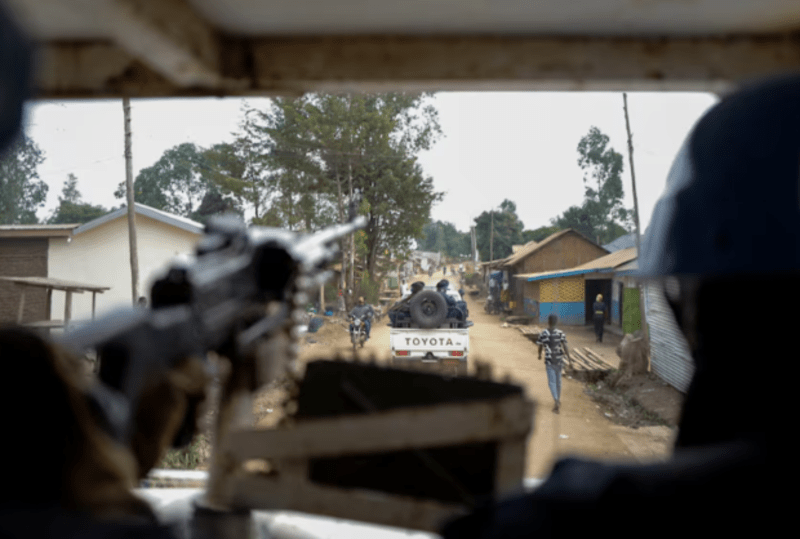
The AU has long been accused of neglecting ongoing conflicts in Africa, particularly the crisis in DRC, which has resulted in over 6 million deaths since 1996.
The African Union Peace and Security Council is scheduled to hold a session on Monday to discuss the role of mediation and reconciliation in resolving the conflict in the Eastern DRC, with an emphasis on the Nairobi and Luanda Processes.
These two regional peace initiatives, under the auspices of the East African Community and the International Conference on the Great Lakes Region (ICGLR), respectively, have remained largely inactive due to escalating tensions between the DRC and Rwanda.
More To Read
- UN hails DR Congo-Rwanda peace deal amid ongoing hostilities in the east
- Scepticism grows over DR Congo-Rwanda peace deal
- DR Congo, Rwanda leaders to sign peace deal in US
- M23 rebels hands over minors taken from conflict zones in North Kivu, DRC
- UN decries ‘truly horrific’ massacres in DR Congo
- MONUSCO condemns ADF attacks that killed 89 civilians in North Kivu
Amani Africa, an independent Pan-African policy research, training, and consulting think tank specialising in African Union policy processes and the African Union Peace and Security Council, noted that the last PSC meeting on the Eastern DRC, held at its 1203rd session, emphasised the importance of the diplomatic efforts embodied in the Nairobi and Luanda processes.
The Nairobi process aims to mediate between the government of the DRC and various armed groups active in the mineral-rich region.
However, it has been largely stagnant due to political conflicts in Kenya between President Ruto and his predecessor, Uhuru Kenyatta, who is leading the process.
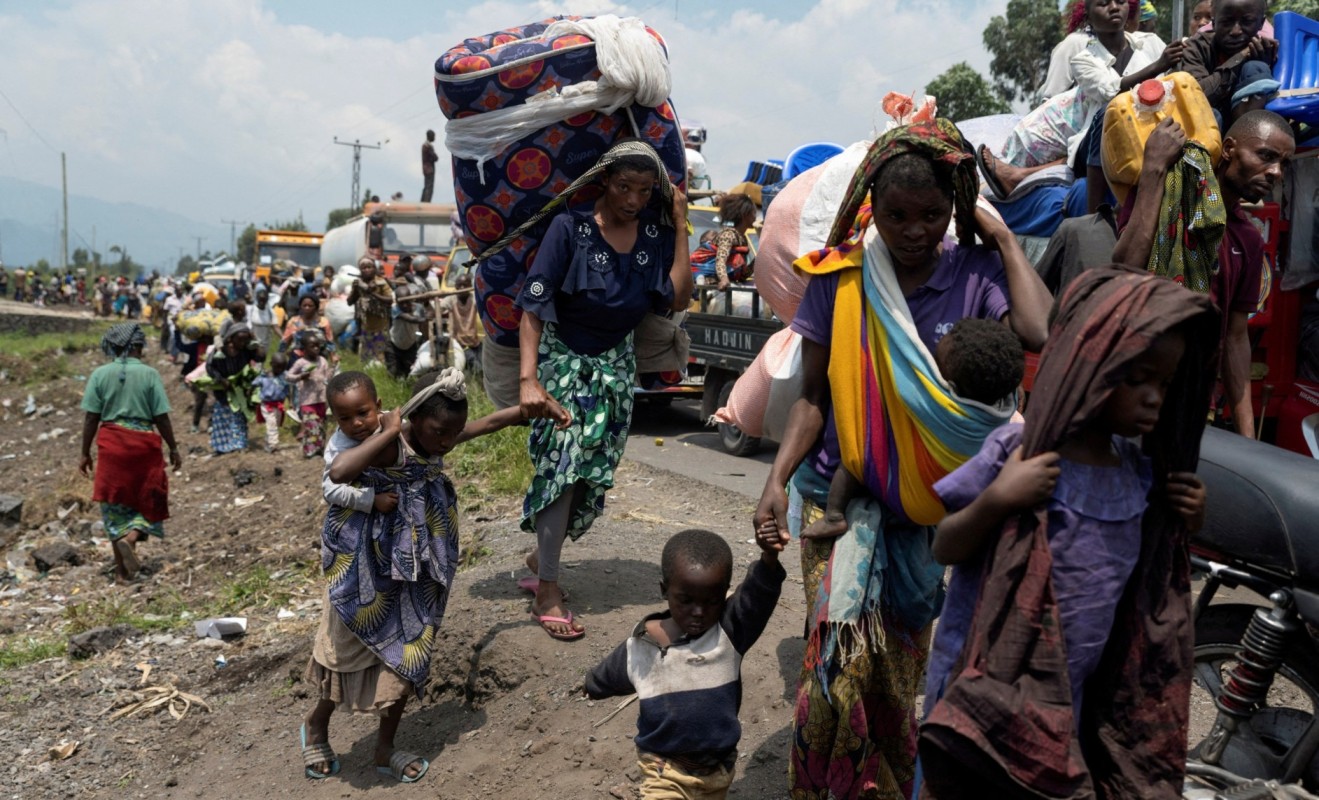 Congolese people carry their belongings as they flee from their villages around Sake, in Masisi territory, following clashes between M23 rebels and the Armed Forces of the Democratic Republic of Congo, towards Goma, North Kivu province, Democratic Republic of Congo, February 7, 2024. (Photo: REUTERS/Arlette Bashizi/File Photo)
Congolese people carry their belongings as they flee from their villages around Sake, in Masisi territory, following clashes between M23 rebels and the Armed Forces of the Democratic Republic of Congo, towards Goma, North Kivu province, Democratic Republic of Congo, February 7, 2024. (Photo: REUTERS/Arlette Bashizi/File Photo)Congolese people carry their belongings as they flee from their villages around Sake, in Masisi territory, following clashes between M23 rebels and the Armed Forces of the Democratic Republic of Congo, toward Goma, North Kivu province, Democratic Republic of Congo, February 7, 2024. (Photo: REUTERS/Arlette BashiziFile Photo)
The Luanda process seeks to address the interstate dispute between the DRC and Rwanda, which has been accused of funding and supporting the M23 rebel group.
João Lourenço, Angola's President, who chairs the International Conference on the Great Lakes Region, leads the Luand Peace Process.
AU's latest session comes amid the AU being accused of neglecting ongoing conflicts in Africa, particularly the crisis in the DRC, which has resulted in over 6 million deaths since 1996.
The vast natural resources, particularly precious minerals, in the soil of eastern DRC have contributed to the globalisation of the conflict in the region.
The World Health Organisation (WHO) said on Friday, July 12, that more than one million children are at risk from acute malnutrition in the DRC as rising violence drives up needs among millions of displaced people.
According to the WHO, the impact on civilians of the latest more than two-year conflict between Congolese forces and the Rwanda-backed M23 militia in eastern areas of the country is worsening, causing more people to flee, with 2.7 million displaced in North Kivu alone.
"The acute malnutrition is a result of widespread, increasing, and also recurrent food insecurity in the areas that have seen conflict for years and decades now but where we now very recently see an escalation," WHO warned.
Top Stories Today
